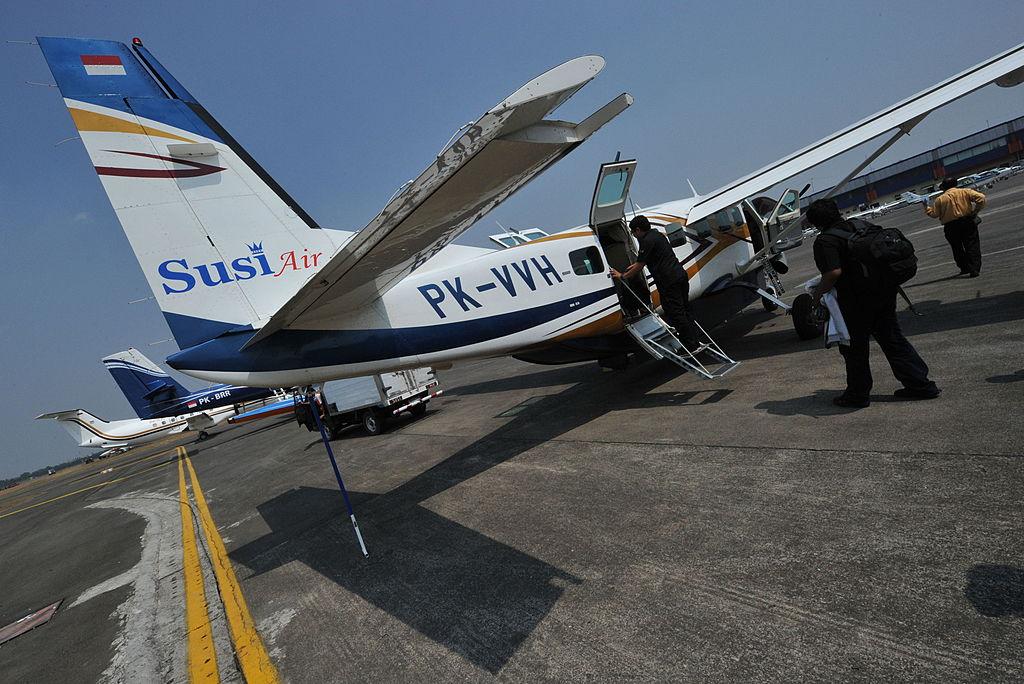An armed separatist group in Indonesia’s Papua province has demanded negotiations with New Zealand’s government for the release of their pilot who they abducted on Feb. 7, according to multiple reports.
The pilot was identified as Philip Mehrtens, a citizen of New Zealand. He was kidnapped by the West Papua National Liberation Army (TPNPB), who stormed his commercial plane after it landed at Paro village in the Nduga.





